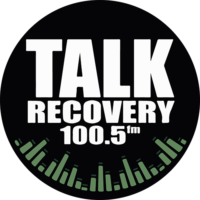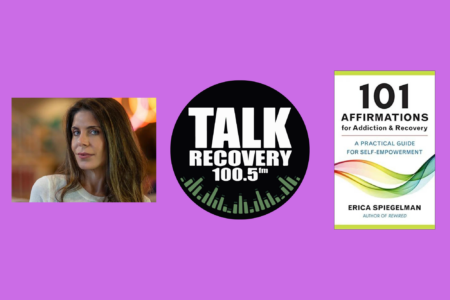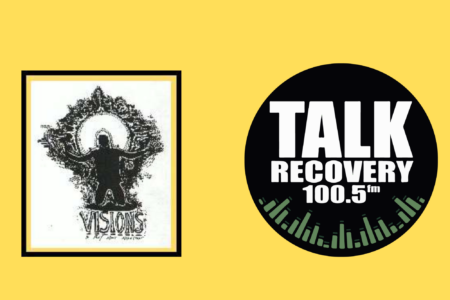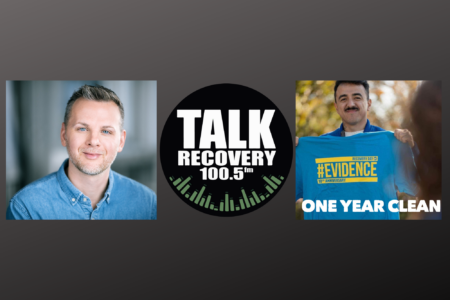The Science of Addiction Recovery
Talk Recovery RadioTalk Recovery Radio airs every Thursday on 100.5 fm in Vancouver from 12 pm to 1 pm, hundreds of shows over 6 years. Bringing addiction recovery issues to the airways. Powered by Last Door Recovery Society
Replay the show:
Guest 1
Dr. John Kelly, The Science of Addiction Recovery
We talk with Dr. John Kelly of Harvard Medical School and founder of the Recovery Research Institute. The Harvard scientist studied how people react to the word addict. Dr. John Kelly also answers questions about the science of Addiction Recovery – Management From Theory to Practice
We know in terms of time after people achieve or meet criteria for substance use disorder, it takes about four to five years before people start seeking specialty care. What’s worthy is even after people start to seek help it takes about six or seven or even eight years before people achieve one year of full sustained remission.
That’s 12 months in a row without any symptoms. That’s what we call sustained remission. And about four to five treatment episodes on average during that time for people to achieve that one year of full sustained remission.
Removing the Stigma of Addiction, why can’t we love the word addict?
Remission and Recovery capital can help people sustain, when people achieve early remission there’s a natural consequence a consequence of that remission is increased recovery capital so that usually what happens when people achieve the remission early within the first three months. Their physical health improves their mental health improves and their social capital increases the social connections and resources increase that in turn feedback into remission status. What’s also important to remember is it takes four to five years after people achieve full sustained remission, before the risk of relapse lessons to just below 15 percent. Therefore, we’ve seen this emergence of growing old recovery support services.
Some of the most important factors in that first five years for a remission individual are: medical stabilization, build hope for a better future, create the right kind of social supports and social contacts that are conducive and supportive recovery, people need cheerleaders desperately, witness that there is a different way of living that.
The clinical course of addiction is often a chronic one characterized by several episodes of treatment and shorter periods of remission and relapse before full sustained remission is achieved. Although the majority of individuals with substance use disorder achieve full sustained remission, it is noteworthy that it takes several years following the achievement of full sustained remission before the risk of meeting criteria for substance use disorder in the following year is no higher than the general population.
This indicates that ongoing recovery monitoring and management over the long-term may be required to facilitate long-term recovery. This talk highlights the chronic course of substance use disorder and reviews the interventions and recovery support services that have shown to be helpful in mobilizing and supporting remission as well as the mechanisms of behavior change through which they work.
Guest 2
Personal Addiction Recovery Story
Followed by personal story with Eric T, a story of triumph, addiction recovery and coming back
Archive of all shows can be found here www.TalkRecoveryRadio.com
Listen and Subscribe
Talk Recovery airs live every Thursday at noon on 100.5 FM, Vancouver Coop Radio. The Last Door produces this weekly radio show discussing the many pathways to addiction recovery. To end stigma we must continue to talk about recovery. Talk Recovery is in its 7th Season, Hundreds of guests, thousands of listeners, thank you. Show ideas? Email community@lastdoor.org
Powered by #NewWestRecovery












